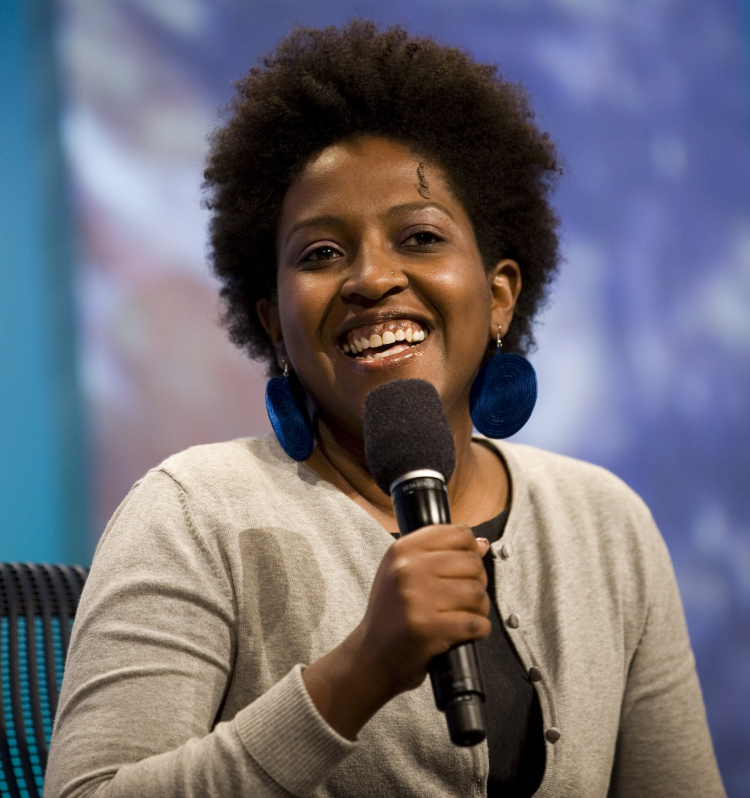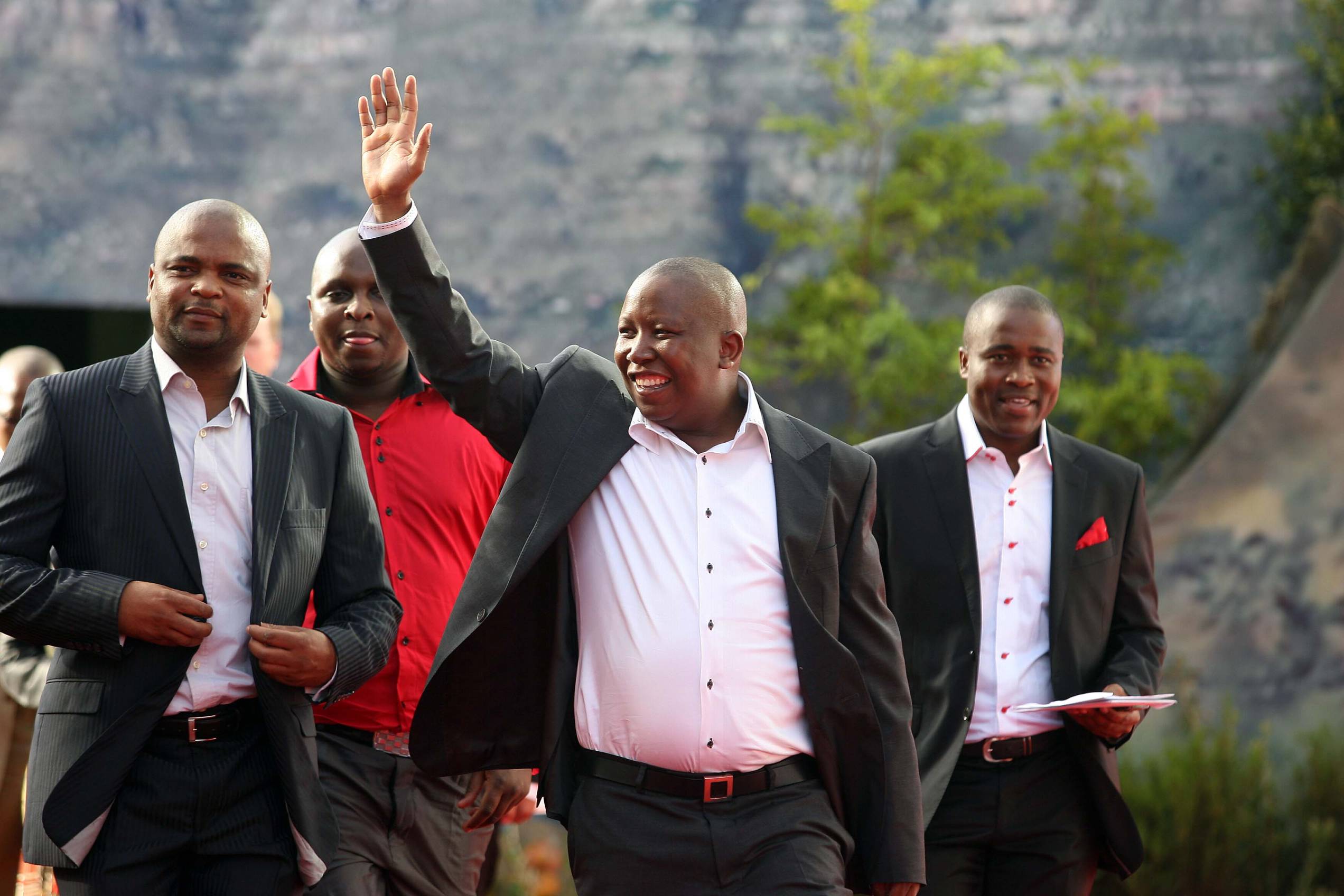The TRUE AFRICA 100 is our list of innovators, opinion-formers, game-changers, pioneers, dreamers and mavericks who we feel are shaping the Africa of today.
Ory Okolloh is the director of investments for the Omidyar Network. She is also the creator of open-source site Ushahidi, which means ‘Witness’ in Swahili. Ushahidi was created in response to the 2007 election violence in Kenya. Users could upload real-time information on violence occurring via text message and using Google Maps to plot location. Ory was the former policy manager for Google in Africa and runs the popular blog, Kenyan Pundit. Ory has a BA in political science from the University of Pittsburg and graduated from Harvard Law School.
We look forward to many more years helping people raise their voice and be heard #UshahidiLaunch pic.twitter.com/YpeaWmarMk
— Ushahidi (@ushahidi) September 30, 2015
How has Kenya changed since you and your colleagues first launched Ushahidi in 2007?
The country had changed in good and bad ways. The way Kenyans have embraced technology across the board is positive, from mobile money to the social-media phenomenon. So many Kenyans are now on Twitter and many experiments have led to Kenya’s tech sector growing. I think less about innovation and more about the fact that we Kenyans are much more open to trying out new things.
It seems that we have not matured politically. If anything, we seem to be regressing.
What worries me – especially when I look at the events and the electoral violence that led to the launch of Ushahidi – is that it seems that we have not matured politically. If anything, we seem to be regressing. So there is a huge disconnect between both the vibrancy of the Kenyan people and of the entrepreneurs and the lethargy on the political side of things.
https://twitter.com/kenyanpundit/status/478918292921679872
You have spoken about African entrepreneurs needing to hear a different story and not just the same old story about people who were at the right place at the right time and got the right contract making them a billionaire.
I find that among those of us who have made it or built successful businesses, not many are speaking about our journeys. It doesn’t have to be in the media or a public forum. Smaller forums are fine, as well. I’ve been doing a lot more speaking at smaller forums. And it doesn’t have to be mentoring either because everybody thinks mentoring takes a lot of time and many busy people do not have time to do so.
I think it’s important to share our own stories, about how we started, which challenges we faced, how we moved from point A to B, how we were able to scale, especially in African markets where scaling up is so challenging.
On the ground, what we see is that entrepreneurs are always being turned down for financing.
In the end, it’s about practical information. African entrepreneurs are being bombarded with information about all the things they need to do, like write a business plan, prepare financial statements, identify customer strategies. In reality, on the ground, what we see is that those entrepreneurs are always being turned down for financing. So we need to share with them stories about how we bootstrapped and how we were finally able to obtain financing.
There is a perception that you either have to win a big tender or sign a big contract to be successful.
Beyond that, what we need to share are inspirational stories because culture is now glorifying instant gratification and all those get-rich-quick schemes that can benefit entrepreneurs. Those instant entrepreneurs are the ones appearing on magazine covers and often I find that they are unable to tell their story, from point A, B to C and so on.
There is a perception that you either have to win a big tender or sign a big contract to be successful – that you have to be a hustler, like the ‘tenderpreneurs’ in South Africa. That is quite worrying, that there are not enough successful African entrepreneurs who are able to share the story of their journey, by explaining it in a step-by-step manner. If we had more of those stories, we would be able to dispel this notion that you have to be corrupt or take shortcuts to be successful.
Who is your African of the year?
My African of the year is Julius Malema. I think he will change the way we do politics in Africa. He has tapped into what many other people aren’t seeing. People want economic freedom. Not just in South Africa. Young Africans are aspirational, they don’t want to wait like their parents did.
He is doing the hard things; many of us are shying away from engaging in public service, politics or building institutions. Building a party is building an institution. He is controversial but he is doing the hard things and his message is resonating.
This is HUGE!! Very very HUGE!! cc @Julius_S_Malema @MbuyiseniNdlozi ✋🏾 pic.twitter.com/negCyul3Mm
— MR MAKHADO (@rikyrickworld) October 28, 2015
Follow Ory on Twitter @KenyanPundit
Come back tomorrow for the next TRUE Africa 100 and keep up to date using the hashtag #TRUEAfrica


